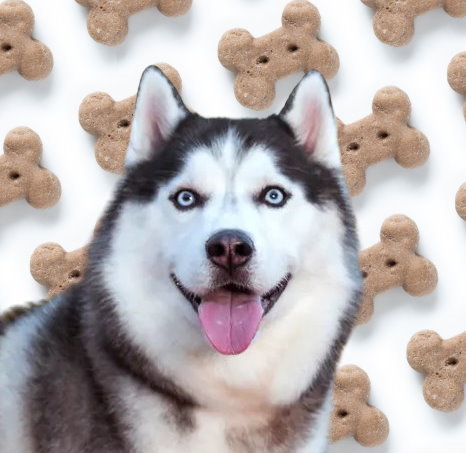Welcome to Dog Training Newbies !
Welcome to Dog Training Newbies !

Siberian Huskies are known for their striking appearance, boundless energy, and affectionate nature. However, their strong attachment to family members can sometimes lead to separation anxiety. Understanding the causes of this anxiety and implementing effective solutions can help your Husky feel secure and content, even when you're not around.
Separation anxiety in Siberian Huskies often stems from their deep bond with their owners. As pack animals, they thrive on companionship and can become distressed when left alone. This anxiety can be triggered by changes in routine, moving to a new home, or even the loss of a family member or another pet. Symptoms typically include excessive barking, howling, destructive behavior, and attempts to escape.
Addressing separation anxiety begins with creating a safe and comforting environment for your Husky. Establishing a consistent routine is crucial, as predictability helps reduce anxiety. Regular feeding, walking, and playtime can provide a sense of stability and security. Designating a cozy space with familiar toys and blankets offers comfort and can serve as a retreat when your Husky feels anxious.
Gradual desensitization is an effective method for reducing separation anxiety. Start by leaving your Husky alone for short periods, gradually increasing the duration as they become more comfortable. During these absences, provide engaging toys or puzzle feeders to keep them occupied. This not only distracts them but also creates positive associations with being alone.
Interactive toys and mental stimulation are essential for keeping your Husky engaged. Siberian Huskies are intelligent and require mental challenges to prevent boredom, which can exacerbate anxiety. Incorporate training sessions, agility exercises, and problem-solving games into their daily routine. A tired and mentally stimulated Husky is less likely to experience anxiety.
Positive reinforcement plays a significant role in easing separation anxiety. Reward calm behavior with treats and praise, reinforcing the idea that being alone can lead to positive outcomes. Avoid making a big fuss when leaving or returning home, as this can heighten anxiety. Instead, keep departures and arrivals low-key to reduce emotional intensity.


For severe cases of separation anxiety, professional guidance may be necessary. A certified dog trainer or behaviorist can provide personalized strategies and support, helping you address specific challenges. In some instances, your veterinarian may recommend medications to help manage anxiety while implementing behavioral changes.
Socialization is another important aspect of reducing separation anxiety. Exposing your Husky to different environments, people, and animals helps build their confidence and adaptability. Regular trips to dog parks or playdates with other dogs can also provide valuable social interactions, reducing their reliance on you as their sole source of companionship.
Consider doggy daycare or hiring a pet sitter if your Husky struggles with extended periods alone. These options offer social interaction and supervision, preventing boredom and anxiety. Alternatively, enlisting a trusted neighbor or friend for visits can provide companionship and break up the day.
Building a strong bond through positive interactions and training is essential for managing separation anxiety. A trusting relationship creates a sense of security, making it easier for your Husky to cope when you're not around. Regular exercise is crucial, as it helps expend excess energy and promotes relaxation.
Understanding your Husky's body language and emotional cues is vital. By being attentive to their needs, you can intervene early, providing comfort and distraction before anxiety escalates. Rewarding calm behavior reinforces the idea that relaxation leads to positive outcomes.
In conclusion, separation anxiety in Siberian Huskies can be managed through a combination of environmental adjustments, gradual desensitization, and positive reinforcement. By creating a safe and engaging environment and building a strong bond, you can help your Husky navigate the challenges of being alone. Patience and consistency are key, and with time, your Husky can learn to feel secure and content, even in your absence.